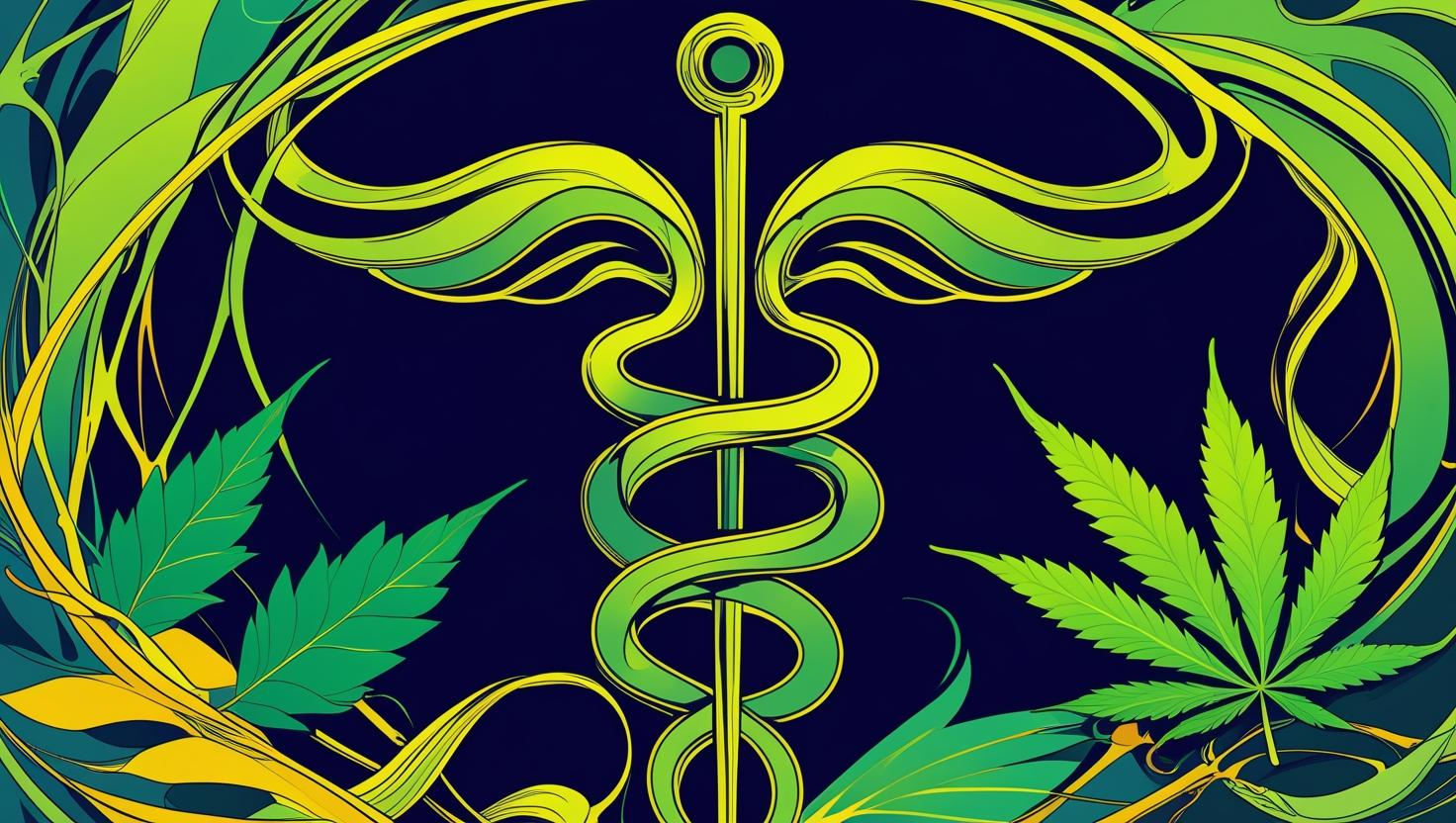For decades, cannabis has been locked in a federal legal limbo—classified as a Schedule I drug alongside heroin, deemed to have “no accepted medical use.” But the tide is beginning to turn. In April 2024, the Drug Enforcement Administration (DEA) took initial steps to reclassify marijuana as a Schedule III drug, a category that includes prescription medications like ketamine and testosterone.
That reclassification effort has stalled in the early months of President Donald Trump’s second term, yet momentum for cannabis as a legitimate medical treatment continues to grow. In fact, a meta-analysis published in Frontiers in Oncology in April 2025 found compelling evidence that marijuana can help treat both cancer symptoms and, potentially, the disease itself. Advocates believe many other patients could benefit from broader legal acceptance and easier access.
As of February 2025, medical cannabis is legal in 40 states and Washington, D.C., with recreational use allowed in 25 states. An additional nine states permit the medicinal use of cannabidiol (CBD) products—often in oil form—with low levels of THC, cannabis’s primary psychoactive compound. Laws vary widely, from highly restrictive programs to states that have yet to implement passed legislation.
With stigma declining and legal access expanding, cannabis has emerged as a versatile therapeutic option for a range of conditions. Its effects—such as relaxation, euphoria, and increased appetite—can differ depending on potency, cannabinoid balance, and terpene profile.
Navigating the Legal and Medical Landscape
Anyone considering cannabis for a medical condition should first review their state’s laws and consult a healthcare professional. Under current federal rules, doctors cannot prescribe marijuana but may issue recommendations or referrals in states where it is legal.
Even in legal states, qualifying for a medical marijuana card can be challenging, particularly for lesser-studied conditions. Federal restrictions have also slowed research, leaving some gaps in clinical evidence. Still, in states with recreational access, adults 21 and over can visit licensed dispensaries and experiment—carefully—with various products such as edibles, tinctures, topicals, and smokable forms to find what works best.
While cannabis has been used medicinally for thousands of years, modern science is only beginning to confirm its potential benefits. Many of these benefits seem to stem from its anti-inflammatory, anti-anxiety, and pain-relieving properties.
Below are eight conditions for which cannabis shows particular promise:
1. Seizures
CBD has demonstrated the ability to reduce both the frequency and severity of seizures, particularly in treatment-resistant epilepsy. In 2018, the FDA approved a CBD-based drug for certain rare forms of epilepsy, marking a milestone in cannabis-derived medicine.
2. Eating Disorders
Though research is limited, some studies suggest cannabis can help individuals with anorexia regain weight and reduce stress. However, because eating disorders can overlap with substance use disorders, patients should proceed with caution.
3. Psoriasis and Eczema
These chronic skin conditions cause painful, itchy, and inflamed patches. Cannabis may ease symptoms by reducing inflammation and slowing overactive skin cell growth. CBD-infused creams and oils have also been used to relieve pain, itching, and stress flare-ups.
4. Arthritis
Cannabis—especially CBD—may relieve joint pain, improve sleep, and reduce anxiety in arthritis patients. Early studies suggest it might even slow disease progression, though more research is needed.
5. Muscle Spasticity
Conditions like multiple sclerosis and muscular dystrophy often involve involuntary muscle spasms and pain. THC can help relax muscles, reduce inflammation, and improve sleep quality.
6. Alzheimer’s Disease
While research is in its early stages, CBD oil has shown potential in easing agitation and anxiety in Alzheimer’s patients—two symptoms that significantly affect quality of life.
7. Crohn’s Disease
As an anti-inflammatory, cannabis can reduce abdominal pain, diarrhea, fatigue, and appetite loss. Many patients also report improved sleep and overall quality of life.
8. PTSD
Cannabis has been linked to reductions in nightmares, anxiety, and hyperarousal in people with post-traumatic stress disorder. A 2021 AIMS Neuroscience study found that it improved overall well-being and helped regulate the body’s fight-or-flight response.
Researchers are exploring cannabis for many other conditions, from endometriosis to chronic pain disorders. While the science continues to evolve, the growing body of evidence—and the experiences of countless patients—suggest cannabis could become a valuable tool in modern medicine. Those considering it should research carefully, seek medical guidance, and start with cautious experimentation to find the right dosage and delivery method.
Cannabis is not just a passing trend—it’s a time-honored botanical with a rich history of healing. For too long, its medicinal potential has been clouded by stigma and legal barriers, leaving many without access to natural relief. Now that medical cannabis is legal in Georgia, residents have a safe, plant-based alternative worth considering. If you believe it could support your health, apply today for your 5-year medical cannabis card.
Click Below to Apply for a Georgia Medical Cannabis Card

STILL HAVE QUESTIONS? CLICK BELOW FOR FAQ


